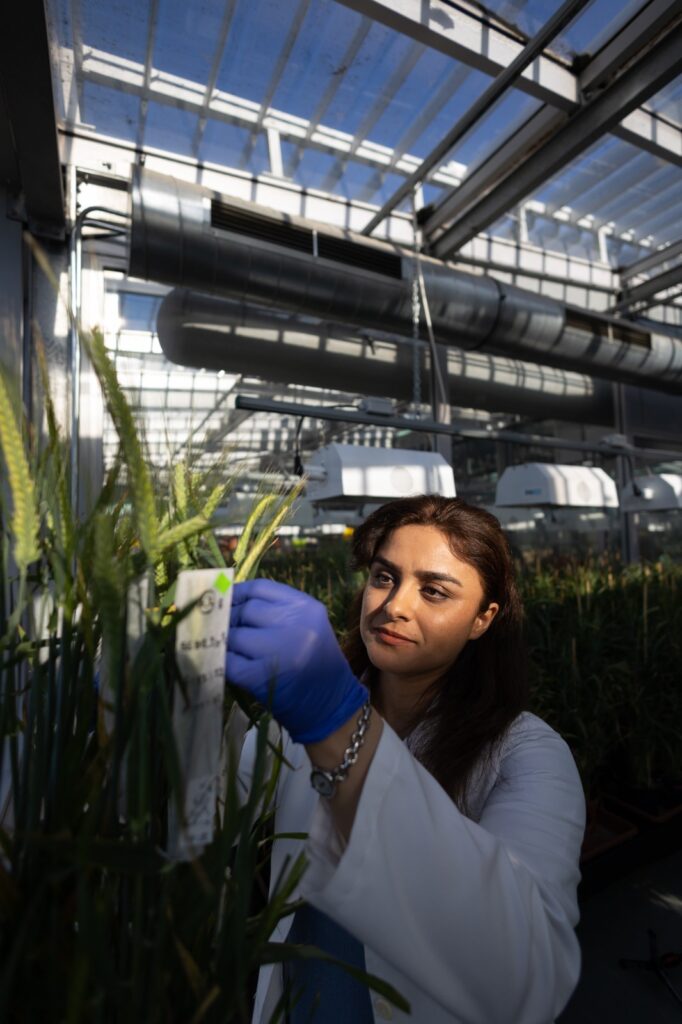Successes as well as weaknesses in the production of biologically active peptides in cereals
Recent advances and strategies applied to the production of biopharmaceutical proteins in transgenic monocots are presented in a review article published in Biotechnology Advances. Among other things, it shows that cereal grains can become attractive bioreactors for molecular pharmaceuticals and that new approaches can be used to obtain highly pure recombinant proteins.

“In addition to a review of the latest strategies for biopharmaceutical protein production in transgenic monocotyledonous plants, in this article we highlight various aspects related to the accumulation of recombinant proteins in grains and report on current bottlenecks and prospects for the biosynthesis of therapeutic molecules using different monocots as platforms,” said research group leader and corresponding author of the article Ivo Frébort.
Heterologous synthesis of proteins or peptides in plant systems, referred to as plant molecular farming, is a practical and safe way to ensure large-scale and cost-effective production of therapeutic biomolecules, according to the authors.
“In this context, monocotyledonous plants, and cereals in particular, are considered attractive carriers for the production of high-value recombinant proteins. The endosperm as the largest storage compartment of the grain offers a suitable environment for long-term protein accumulation. During the last decades, fascinating advances have been made in gene transfer technology and genetic manipulation of monocots by Agrobacterium tumefaciens or direct gene transfer by biolistic methods,” recalled another member of the author team, Zhila Osmani.
The author’s team recently achieved a molecular farming success of its own when it “taught” transgenic barley to produce cathelicidin, one of the most well-known antimicrobial peptides in human skin, in the grain. The group led by Professor Frébort has developed and subsequently optimized a method for producing biologically active cathelicidin in barley grains using an endosperm-specific promoter and brought the modified lines into field cultivation under current EU GMO regulations.

